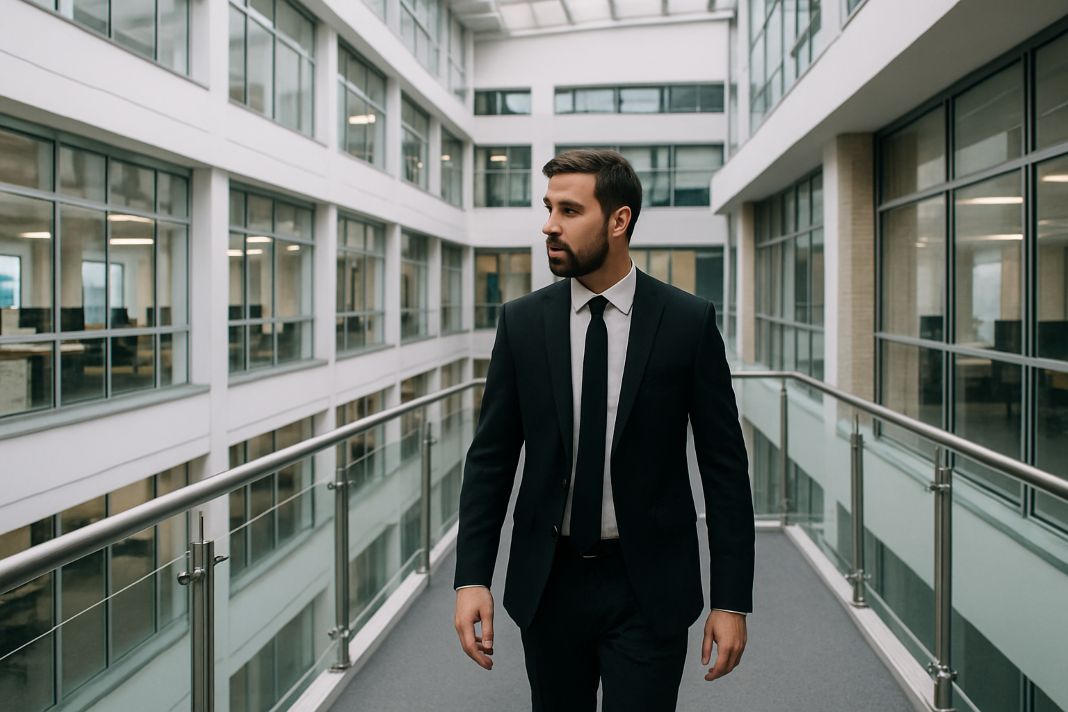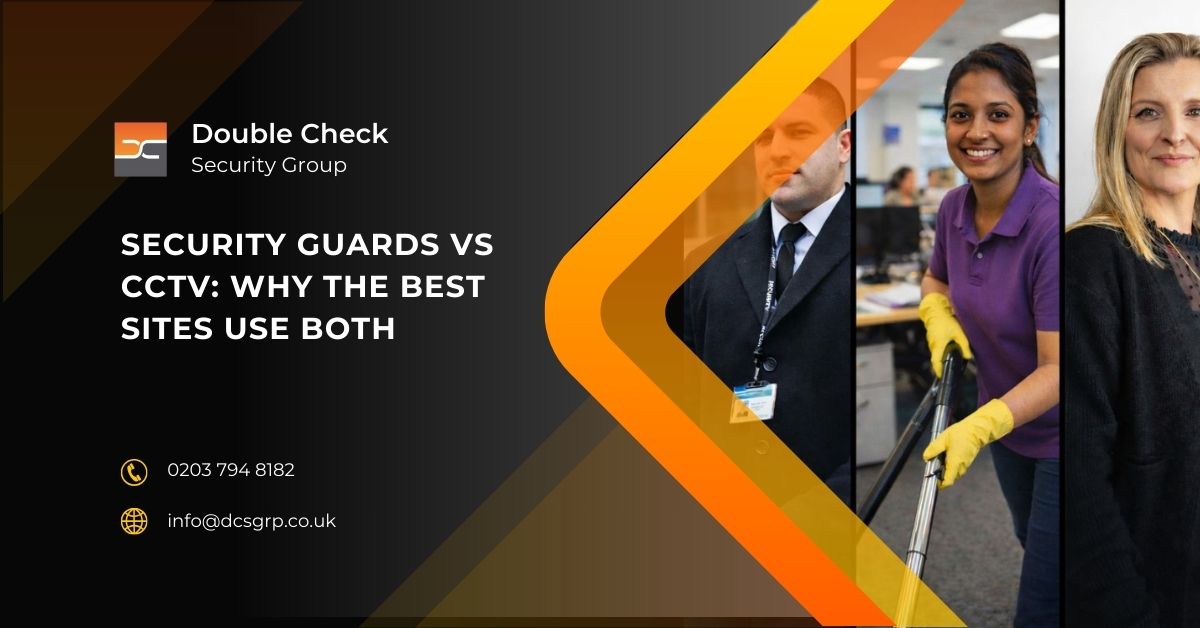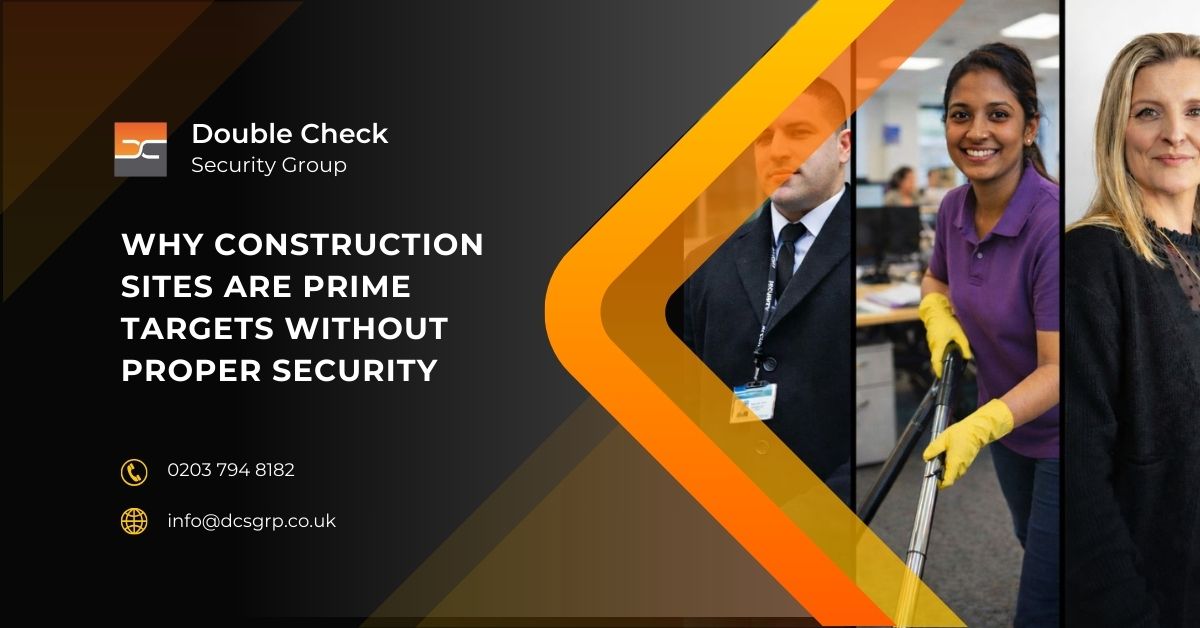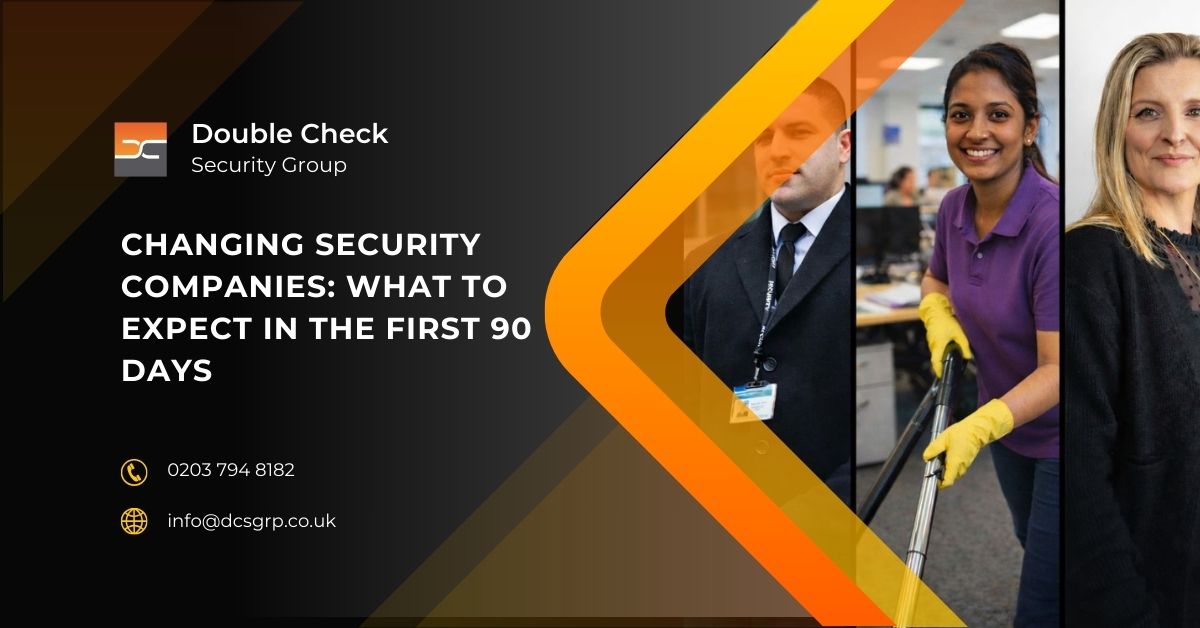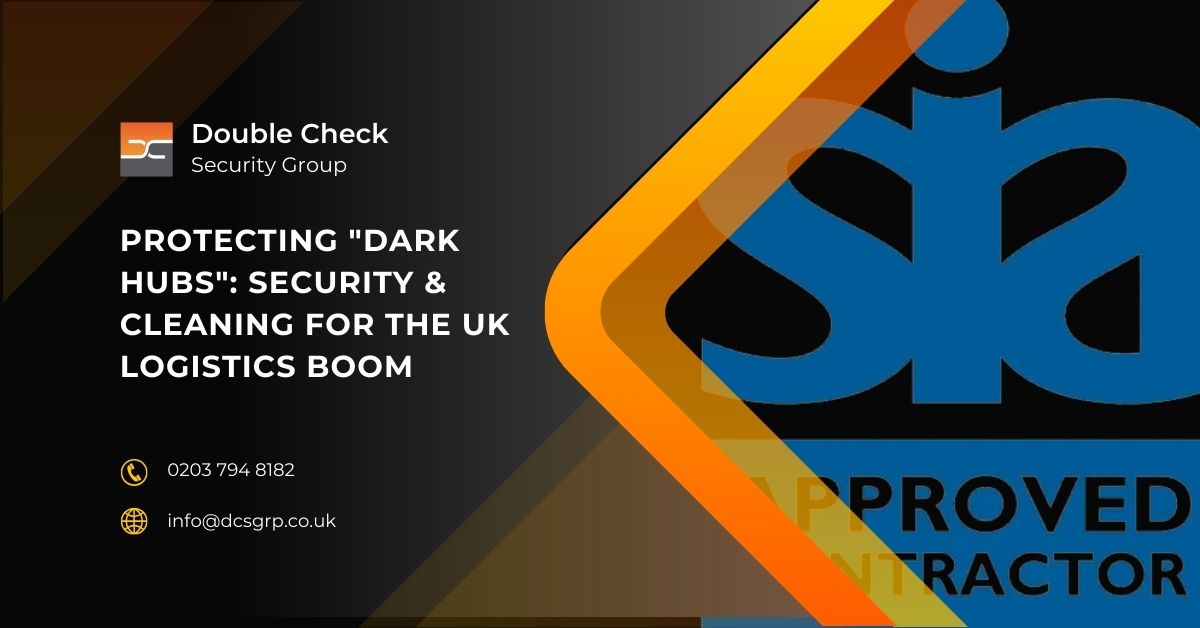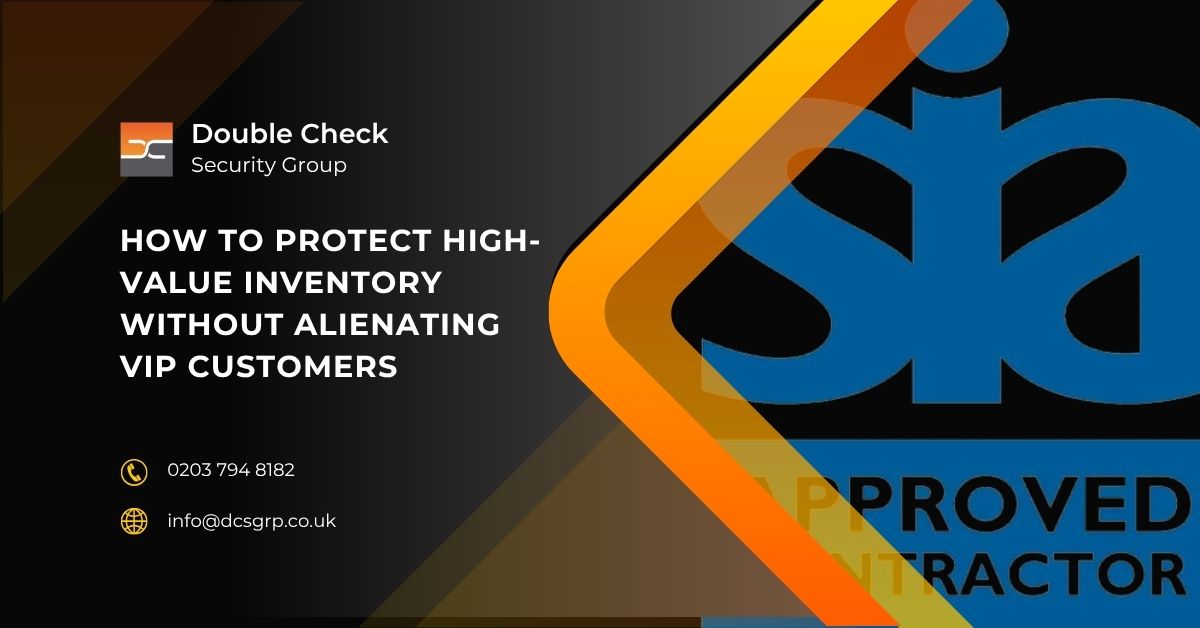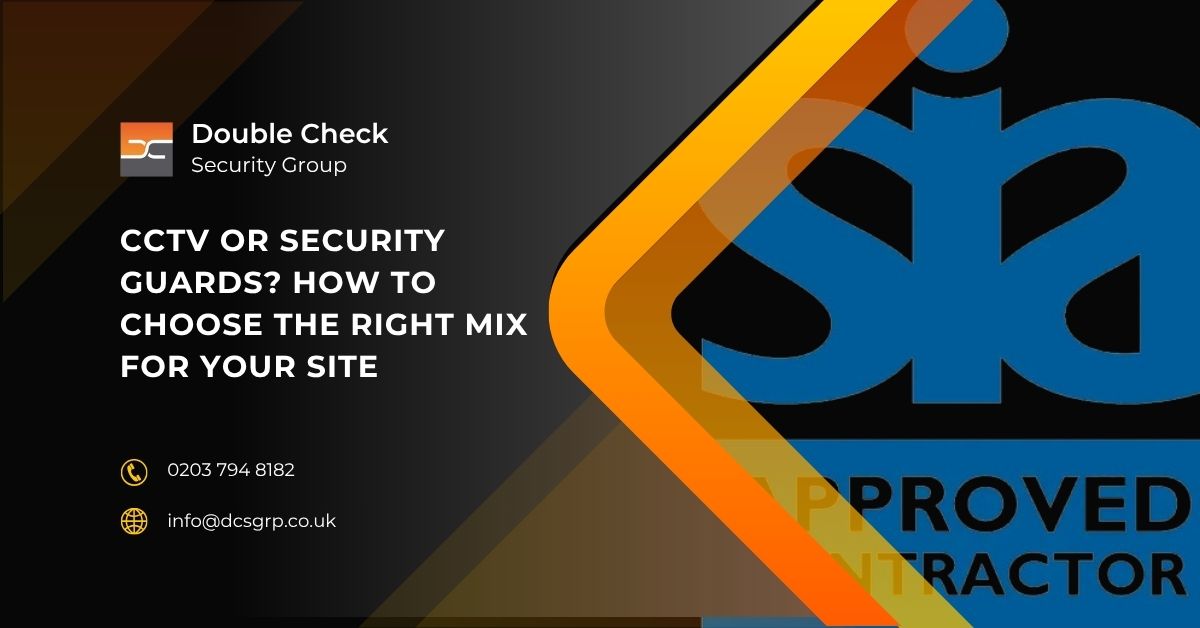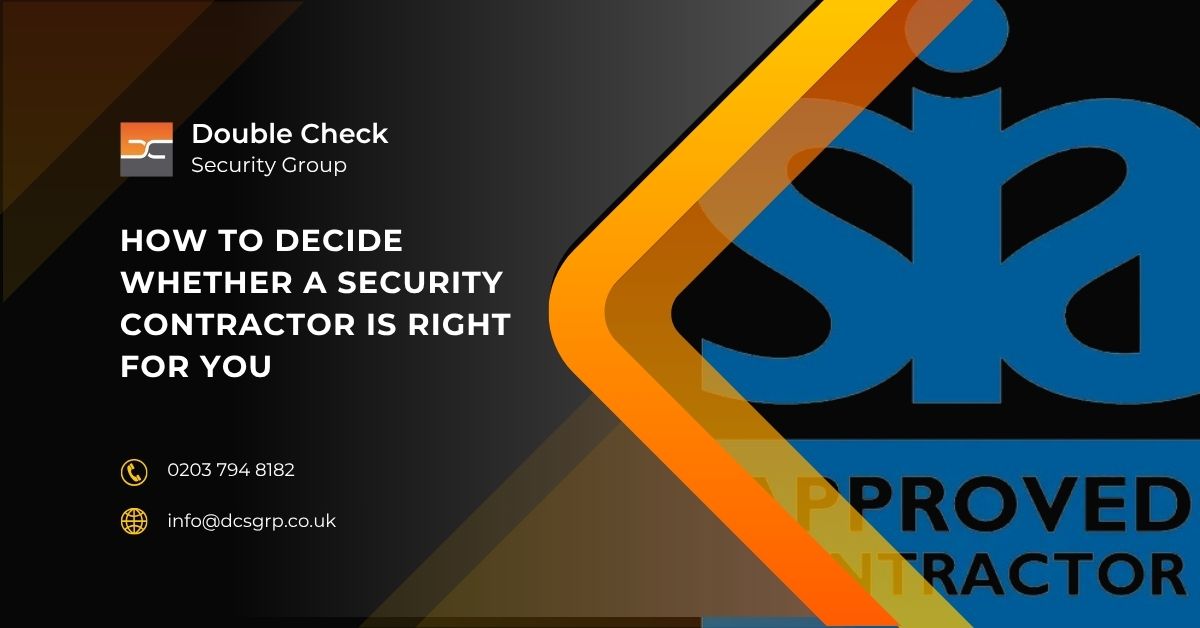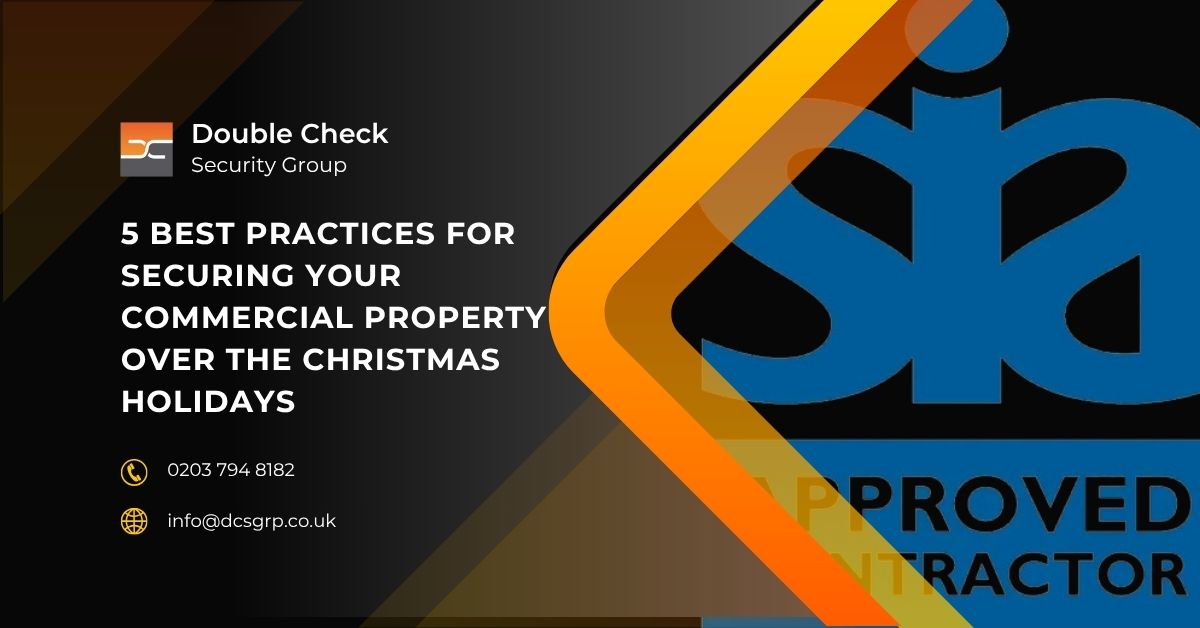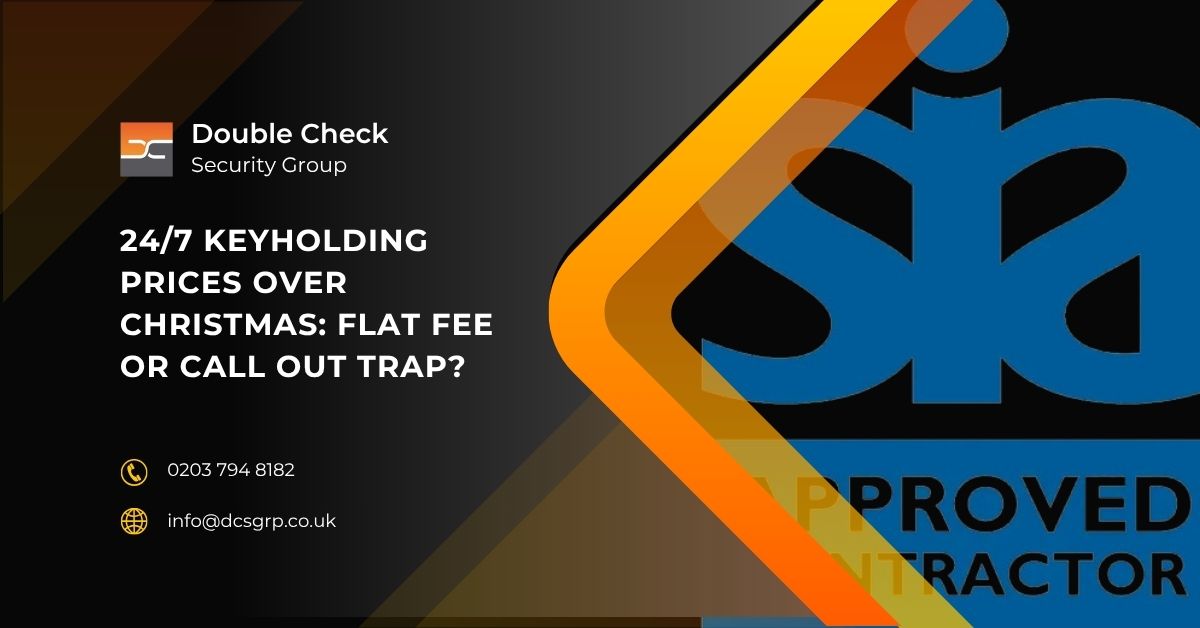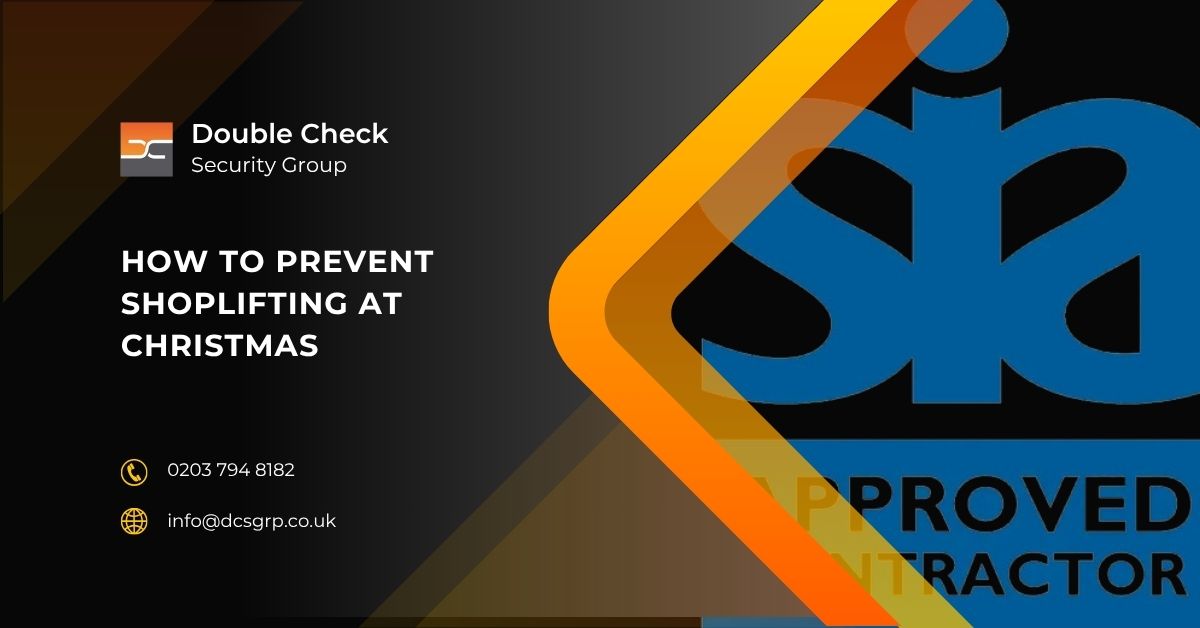What should you expect from a professional security guard service in the UK?
When considering a professional security guard service in the United Kingdom, understanding the core deliverables is essential. Clients often anticipate a uniformed presence, but true security extends into structured incident prevention, compliance documentation, site-specific risk management, and adherence to SIA regulatory standards. Whether securing retail environments, commercial properties, logistics facilities, or public events, clearly defined client expectations support effective security planning and consistent operational delivery.
A structured service agreement improves operational transparency. This includes role definitions, reporting standards, communication expectations, and task scheduling. It should also align guard deployment with your site’s security risk assessment, including threat exposure, asset criticality, and compliance requirements under standards like BS 7858 for staff screening.
What are the main responsibilities of a security guard?
Security guards implement a balance of proactive site monitoring and reactive intervention based on standard operating procedures.
Key responsibilities include:
-
Patrolling designated areas: Conduct physical patrols that involve door and window checks, perimeter inspection, and tamper detection.
-
Access control and visitor verification: Validate identification badges, log entries, and support entry point safety using access control systems.
-
Incident response and escalation: Address unauthorised activity, operational safety breaches, or suspicious behaviour using incident response protocols.
-
Detailed reporting and digital logs: Submit timestamped reports, handover notes, and security incident forms via guard tour systems.
-
Deterrent through visible presence: Enhance passive protection through consistent uniformed visibility and interaction with site users.
Security officers must stay vigilant, approachable, and fluent in protocol adherence.
For enhanced site control and personnel tracking, implementing a real-time visitor management system can significantly improve operational efficiency.
Pro Tip : Always request sample reports and digital log templates from your provider before signing the contract. This reveals the service’s attention to detail and compliance readiness.
Is Your Current Guard Service Falling Short?
See what better service can look like. Request a performance review consultation today.
What does a professional security guard look and act like?
Professionalism in security personnel involves more than appearance. It integrates communication etiquette, behavioural discipline, and operational readiness.
Expected standards include:
-
Clear identification and compliant uniform: Guards should wear updated uniforms with name badges and visible SIA licence cards.
-
Confident and respectful communication: Guards should use radio protocol, maintain appropriate tone, and support positive public interactions.
-
Professional behaviour and conduct: Uphold site culture while remaining firm, composed, and security-focused.
-
Situational awareness and preparedness: Understand dynamic threats and be ready to act in alignment with security SOPs.
Clients benefit from partnering with providers that emphasise security personnel conduct and compliance training to support site branding and safety.
What types of security guards are available?
The type of security personnel selected should correspond with your site’s operational nature, public exposure, and risk level.
Standard roles include:
-
Static security officers: Positioned at control points or entrances to enforce badge access and support identity verification.
-
Mobile patrol guards: Conduct patrols across multiple zones using GPS-tracked patrol software for audit transparency.
-
Reception or concierge guards: Combine security with administrative service, including guest logging and package handling.
-
Event security personnel: Specialised in crowd control, entry screening, bag checks, and emergency readiness.
-
Armed guards for licensed premises: Deployed at regulated sites where risk justifies a heightened response presence.
For detailed deployment planning, consult a certified site risk assessment provider to tailor security strategies accordingly.
What technology should security guards be using?
Integrated tools help security teams maintain compliance, reduce liability, and respond more effectively.
Essential security technologies include:
-
Guard tour management systems: GPS or RFID-tagged checkpoints verify patrol completion and time accuracy.
-
Digital logbooks and cloud-based dashboards: Ensure supervisors and clients can access verified records and logs remotely.
-
Body cameras and surveillance tools: Record interactions for post-incident analysis and compliance with GDPR standards.
-
Integrated alarm response mechanisms: Immediate alerts and escalation options connected to site alarms and monitoring systems.
To enhance your operational visibility, ask your provider about guard technology integrations that support cloud reporting and automation.
Pro Tip : Include guards in your site’s emergency drills. It ensures they are not only aware of your evacuation routes but actively prepared to lead and support others during real incidents.
Ready for Reliable Security?
Speak with our certified security experts to customise a guard plan that suits your site.
How do guards communicate and respond to emergencies?
Security officers should be trained in dynamic response protocols that follow industry-recognised frameworks such as incident command systems.
Core communication and escalation procedures include:
-
Two-way radio systems and response trees: Pre-approved communications devices aligned with your escalation matrix.
-
First aid and evacuation training: Guards must be prepared for health emergencies and fire response, including evacuation coordination.
-
Real-time escalation protocols: Incidents follow structured communication paths to ensure accountability and efficient crisis management.
-
Command handover procedures: Guards should transfer control clearly to fire marshals, medics, or supervisors during critical incidents.
To support crisis readiness, ensure site emergency planning includes security team integration.
What kind of reports and documentation will you receive?
Transparency and accountability in security operations depend on detailed, structured documentation.
Reporting deliverables typically include:
-
Guard shift activity logs: Timestamped digital logs of patrols, observations, and task completions.
-
Visitor tracking reports: Check-in and check-out logs integrated with access control data.
-
Incident response documentation: Records of safety breaches, interventions, and outcomes for compliance audits.
-
Supervisor performance reviews: Summary of site visits, spot checks, and feedback on service delivery.
Digital systems improve reliability. Clients should request secure access to guard documentation platforms to stay informed and audit-ready.
What qualifications and checks should guards have?
Security personnel must meet both legal and operational standards to ensure trustworthy service delivery.
Required credentials and vetting include:
-
Security Industry Authority (SIA) licence: Confirms guards have completed mandatory training and background verification.
-
Enhanced criminal screening (DBS): Ensures no disqualifying offences or trust breaches exist.
-
Site-specific induction training: Covers emergency protocols, access procedures, and threat awareness.
-
Refresher training and compliance updates: Ensures personnel are current on legal updates and operational best practices.
Before hiring, review the security provider’s staff screening and compliance policy to validate standards.
Why should security services be customised by site type?
Each operational environment carries unique exposure risks, requiring customised security solutions aligned to industry requirements.
Examples include:
-
Retail environments: Focus on shoplifting deterrents, CCTV monitoring, and floor patrolling to prevent shrinkage.
-
Construction sites: Require access gate control, hazard detection, and equipment inventory protection.
-
Corporate offices: Emphasise professional appearance, identity management, and reception support.
-
Warehousing facilities: Require overnight patrol, shipment tracking, and cargo security.
-
Public event venues: Demand strong crowd control, threat monitoring, and rapid evacuation readiness.
Partner with security companies that specialise in custom security planning based on operational risk.
What are the warning signs of poor-quality guard services?
Early detection of service quality issues can prevent compliance failures, site vulnerability, and reputation damage.
Watch for indicators such as:
-
Unreported absences or late arrivals: These suggest scheduling failures and low staff accountability.
-
Missing incident or patrol documentation: Indicates breakdown in record keeping and reporting discipline.
-
Unclear communication or escalation errors: Reflects training gaps and potential incident mishandling.
-
Improper uniform or expired licence: Signals lack of oversight or regulatory noncompliance.
-
High staff turnover or poor handovers: Leads to knowledge loss and inconsistent service continuity.
-
No supervision or audit evidence: Suggests minimal provider involvement and reduced service verification.
When red flags occur, activate your performance review clause to ensure corrective actions are taken.
Effective security guard services require expertise, transparent systems, reliable reporting, and alignment with site-specific needs. Choose a provider who values regulatory compliance, performance accountability, and continuous improvement. By setting clear service-level expectations and verifying qualifications, clients can secure not just property but peace of mind.

